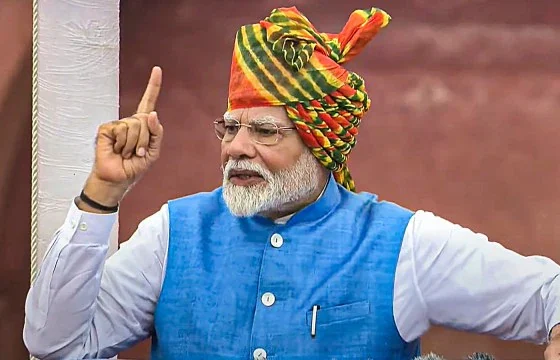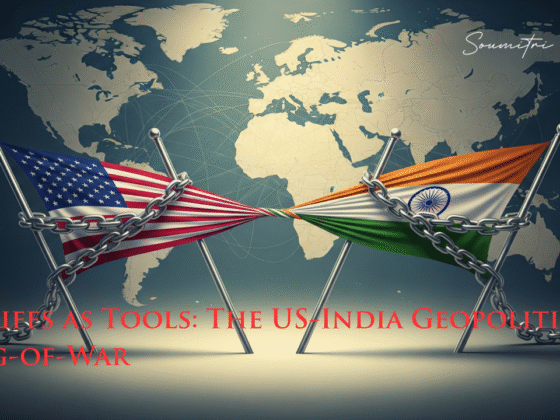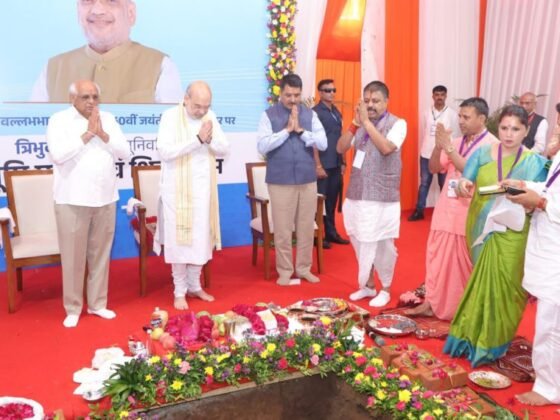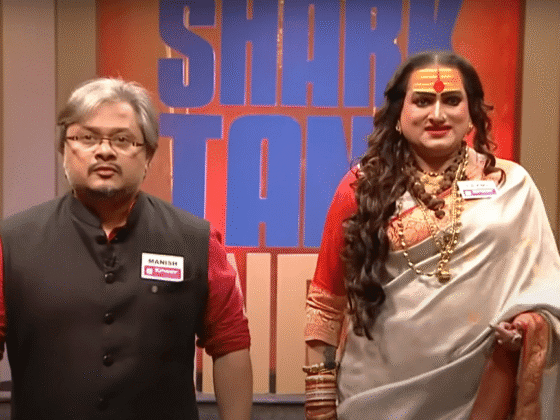Today, we are allowed to exercise the freedom that the Constitution has granted us. This freedom does not distinguish between groups based on factors such as race, colour, caste, sex, language, political preferences, or any other social norms. Even though we are still struggling to bring equality in India, there are men who did the deed.
Before 1947, the year that marked the end of the British rule in India, and again in 1975, when Prime Minister Indira Gandhi declared a state of emergency, India was plagued by a substantial lack of respect for human rights. Although the fight has been an actual one for the entire society, the battle for the emancipation of equality among the country’s people required a far more significant investment of time and energy.
Before we attained independence, every person battled for their rights.
Still, only a select few heroes were genuinely able to effect real change in how inequity existed in our nation. Consequently, a surge in movements occurred, with the assistance of which some people took a stand against inequality.
These men battled tooth and nail for the rights of every person in this nation and worked relentlessly to make this country a better place for all of the people who call it home.
Harish Sadani For Equality In India
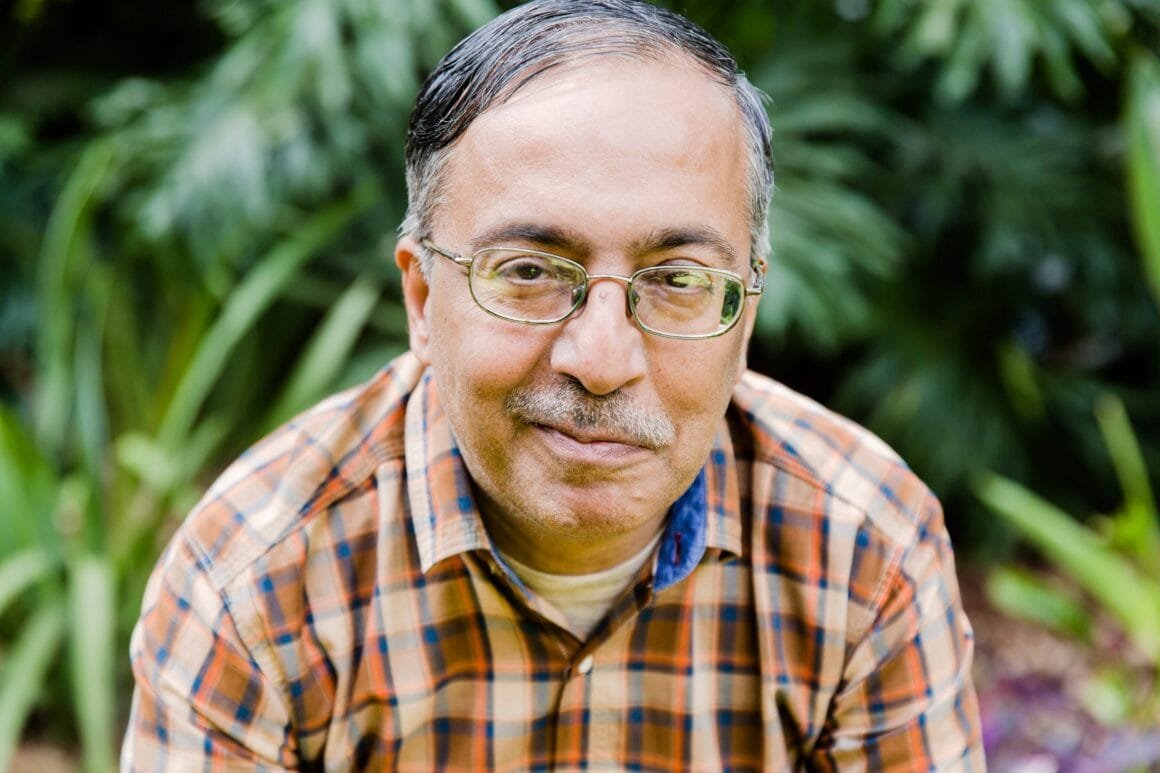
When it was established in 1993, Harish’s organization was one of the first in India to concentrate on eliminating violence against women and advancing gender equality as its primary goals.
His organization, Men Against Violence & Abuse (MAVA), empowers men to end violence and abuse against children and women.
He wants to build a men’s movement that involves young people to safeguard and change the gender-biased worldview, reject any sense of superiority or objectification on the men’s side, and challenge cultural conditioning that feeds the split between men and women as well as classes and castes.
Satchit Puranik For Equality In India
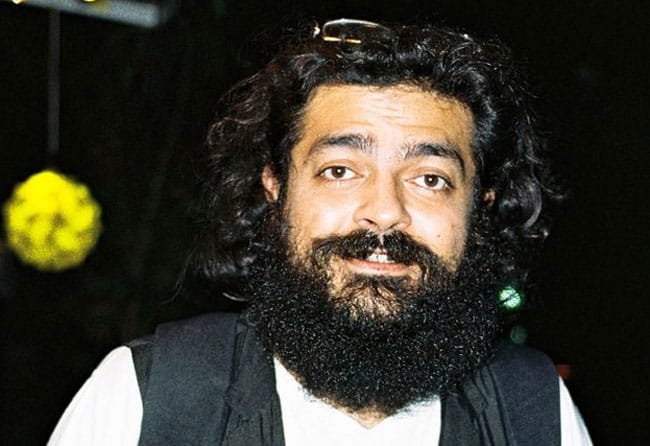
Neha Singh and Devina Kapoor organized the first public women’s meetings in 2013. ‘Why Loiter’ by Shilpa Phadke, Shilpa Ranade, and Sameera Khan influenced them.
Sachit Puranik wanted to attend the celebrations, but only guests were allowed. Should I wear women’s clothes?
“Walk Like a Woman” represented walking in a woman’s shoes. This time, it wasn’t simply shoes but being a woman.
Cross-dressing males walked to the streets of Mumbai, from Prithvi Theatre to Juhu Beach, to raise attention to women’s concerns and refute the notion that they are women’s responsibility. Satchit, a theatrical artist, wanted to help end decades of bloodshed and create a more just society.
Since then, his work “Loitering,” which addresses how patriarchy harms men and highlights women’s struggles in public, has traveled to several cities and continents.
Dipesh Tank For Equality In India

The Nirbhaya rape case startled the nation into realising the horrible truth in every village, town, and metropolis. Dipesh Tank was surprised by the news. He felt humiliated to be part of the group and gender responsible for the atrocities, so he took a stand against it.
As a result, he founded WARR in 2013. WARR fights sexual and emotional abuse against women in public areas and campaigns for equality for women and disadvantaged people.
The crowd-sourced project has subsequently been assisting government security authorities, such as the Railway Protection Force (RPF) of Mumbai, in maintaining these areas so they are secure for female passengers. This campaign issued a wake-up call against eve-teasers.
Nishi Kant, Rishi Kant, and Ravi Kant
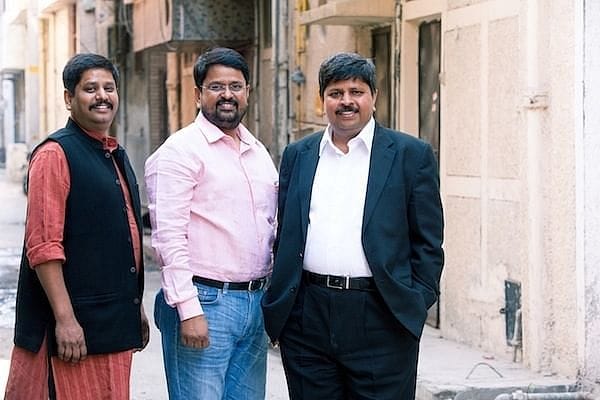
As young boys, Nishi, Rishi, and Ravi Kant lived in a home where there was a lot of abuse directed at women and others who were less fortunate in society. On the one hand, they observed domestic violence in the coal area of West Bengal, but their parents instilled in them the opposite, teaching them to treat everyone equally.
After maturing into adults, these boys founded “Shakti Vahini,” an NGO whose mission is to safeguard women and children from violence and create a society where everyone is treated equally. The organization has been unwavering in its support of women and the underprivileged in the state, from spreading awareness about HIV/AIDS, stopping honor murders and human trafficking, rescuing young girls and women from brothels, and aiding the less fortunate.
Many people assault women, and the impoverished don’t realize they’re breaking the law. When we teach males to respect women and those from lower social groups or castes, they see the consequences of an imbalanced gender ratio. “Many people applauded and said, ‘No one has explored these subjects with us before,'” says Rishi Kant. The NGO has spread its wings to six states throughout the country, and it hopes to go even more.
Arunachalam Muruganantham
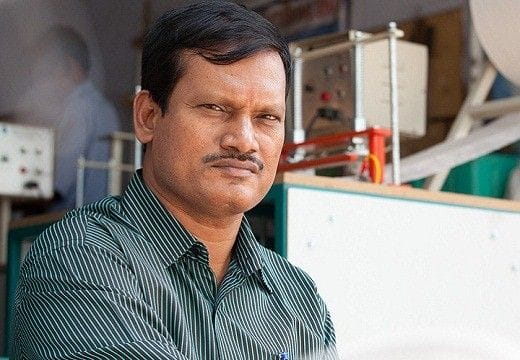
Everyone should know about India’s “Pad Man.”
Arunachalam’s quest began in 1998 when he saw the terrible reality of menstruation for many Indian women, especially in rural areas. His wife was cleaning with old rags, a dangerous and filthy practice.
He created a low-cost sanitary pad-making machine out of concern for her safety during her period. Since its launch, it has helped tens of thousands of women around the country and increased awareness about outdated sanitary procedures.
He persisted despite scorn and ostracism for breaking a “women-only” taboo. Arunachalam developed the perfect sanitary pad against his family and community’s disapproval.
A blood-filled balloon on his hip was the extent of his pad testing. His tireless efforts earned him international reputation, not just in his community.
Conclusion
In spite of the efforts of these five individuals, it will only be possible for real change to take place if people of all classes and castes unite in their battle for equality and human rights. Until then, no one in the world can legitimately say they have a better life. Inequality will continue to rise at this rate. In order to attain equality, everyone must respect each other’s right to equality.
Read Next: Sustainable Indian Food Brands That Are Reliable And Delicious

 Add to favorites
Add to favorites


